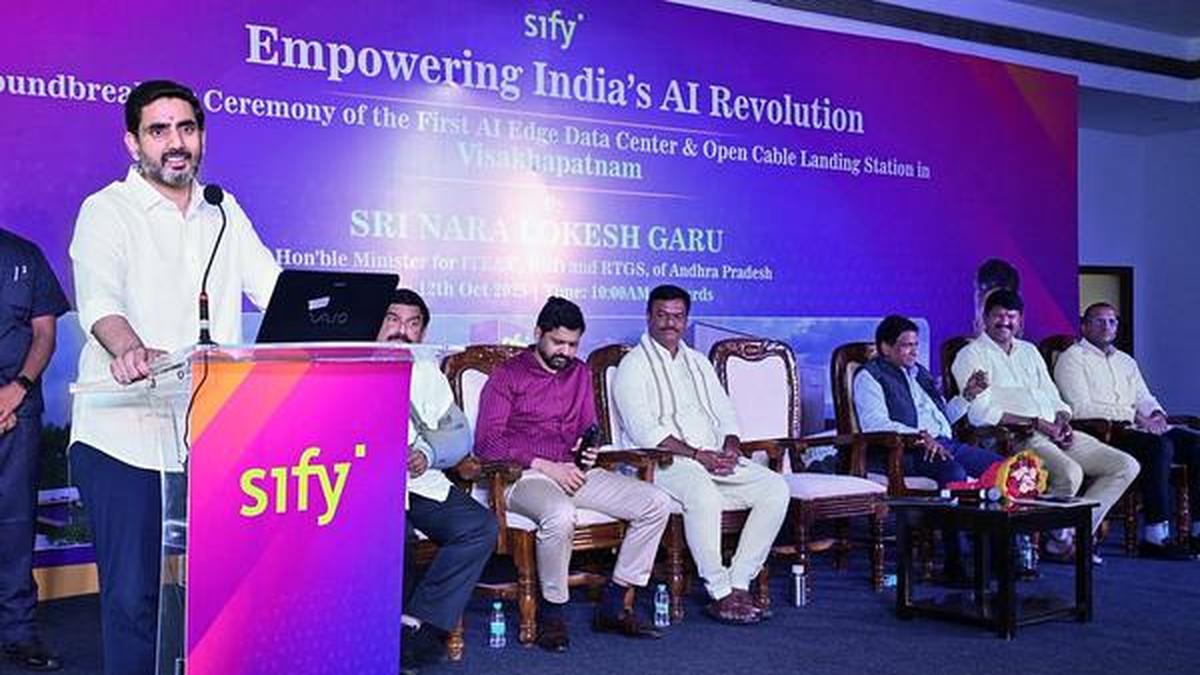John Swinney has said the Scottish government will help hundreds of overseas care workers stay in the UK as he attacked Westminster for its rising hostility to migrants.
The first minister said it was unfair Scotland’s older people had to “pay the price for Westminster’s prejudice”, and that his devolved government would sponsor visa applications for migrant workers needed to staff care homes, at a cost of about £500,000.
Swinney described the UK government’s decision to greatly restrict access to visas for those jobs, in an effort to respond to rising tensions over mass migration, as deeply damaging.
“Thousands of care workers here in the UK entirely legally have been left high and dry, unable to work, while care homes are crying out for staff,” he told the Scottish National party’s annual conference in Aberdeen. “In what world does that make any sense?”
Swinney told delegates the measure was further evidence Scotland’s interests were being damaged by continued membership of the UK, as he confirmed he would make a fresh bid for independence central to Scottish parliament elections next year.
Sketching out some of the key themes for that election campaign, he said Scotland could thrive with “a golden combination” of independence, rejoining the EU and the economic advantages from Scotland “vast, low-cost, renewable energy”.
In an effort to energise delegates, he said: “We are going to break the logjam in Scottish politics … it’s time to be more assertive.”
He cited the fact Scottish council tax and water bills were the UK’s lowest, as were Scotland’s child poverty rates; free university tuition and prescriptions; free bus travel for under 22s and the scrapping of peak rail fares.
This was delivered by “a government wholly owned by – and wholly serving – the people of Scotland.”
Swinney claimed the SNP was within reach of an overall majority at Holyrood by winning 65 seats, a figure he argued would form a mandate for the Scottish government to demand a new independence referendum.
That approach has been repeatedly rejected by Keir Starmer, the prime minister, who has said the UK Labour government will not grant Scotland the legal powers to stage one. The first vote, in 2014, was won decisively by anti-independence campaigners, by 55% to 45%.
Douglas Alexander, the Scottish secretary, said on Sunday he and other Labour MPs, who won a majority of Scotland’s seats at Westminster last year, had been elected on a manifesto pledge not to approve a second independence vote.
Nicola Sturgeon, who quit as first minister in 2023 after failing several times to deliver a new referendum, told reporters on Sunday she knew from experience it would be an “exceptionally hard task” for the SNP to win that majority.
Holyrood’s proportional voting system makes it very hard to win an overall majority for one party but Swinney’s goal has resonance for the SNP for several reasons.
It has only happened once since the devolved parliament was set up in 1999, when Alex Salmond, the former SNP leader, won the 2011 Holyrood election with 69 of Holyrood’s 129 seats.
That triggered talks between his government and the Conservative-Liberal Democrat coalition government in London on Scotland being given the temporary legal power to hold an independence referendum.
But that was a voluntary, political decision by the UK government; there is no legal or constitutional requirement to do so. Swinney hinted on Sunday he believed that could form the basis for a legal challenge if the SNP were to win a majority and Starmer continuedto block him.
Despite Sturgeon’s warnings, SNP strategists argue privately the independence strategy is necessary to win over hundreds of thousands of pro-independence voters who no longer back the SNP, many of whom voted Labour in last year’s general election.
.png)
 4 hours ago
2
4 hours ago
2








 English (US) ·
English (US) ·